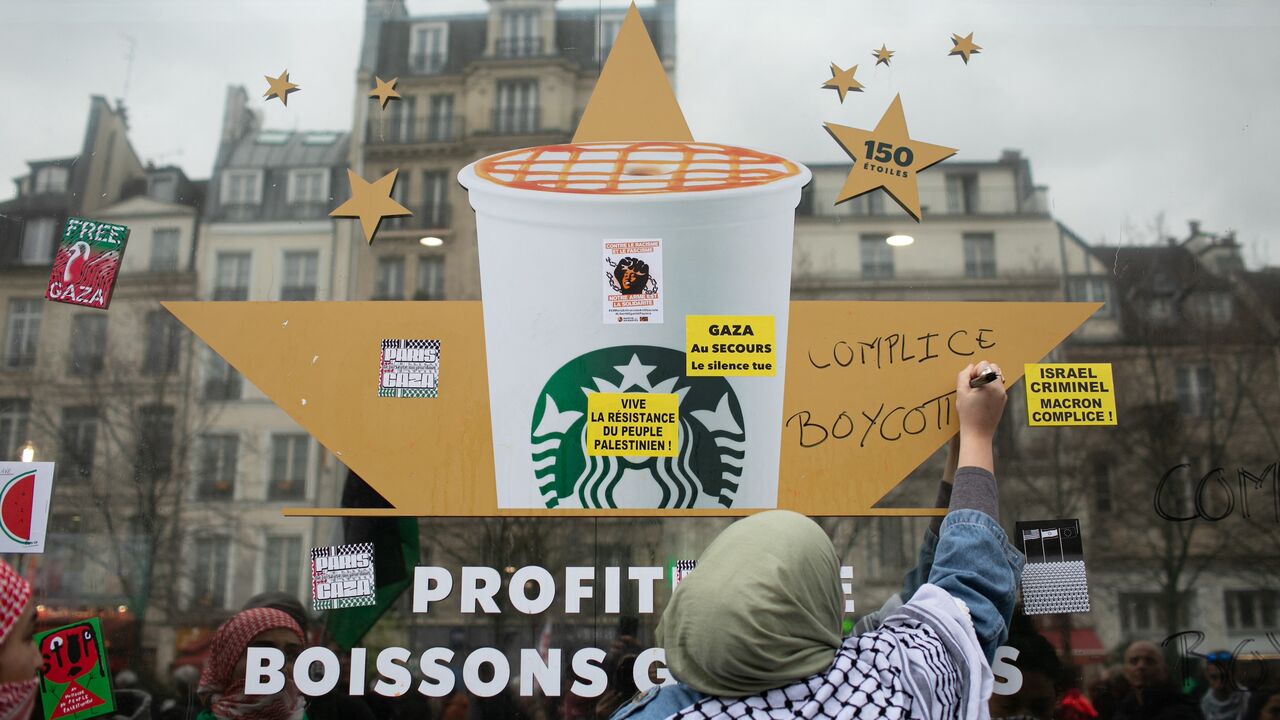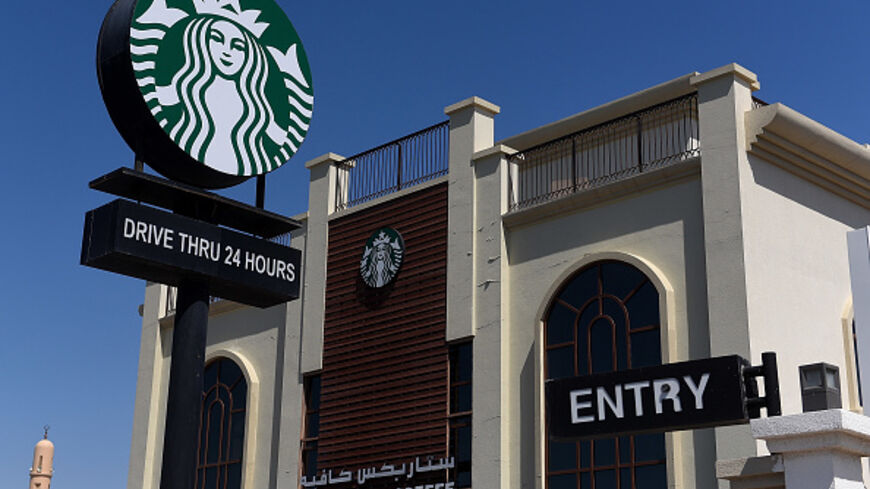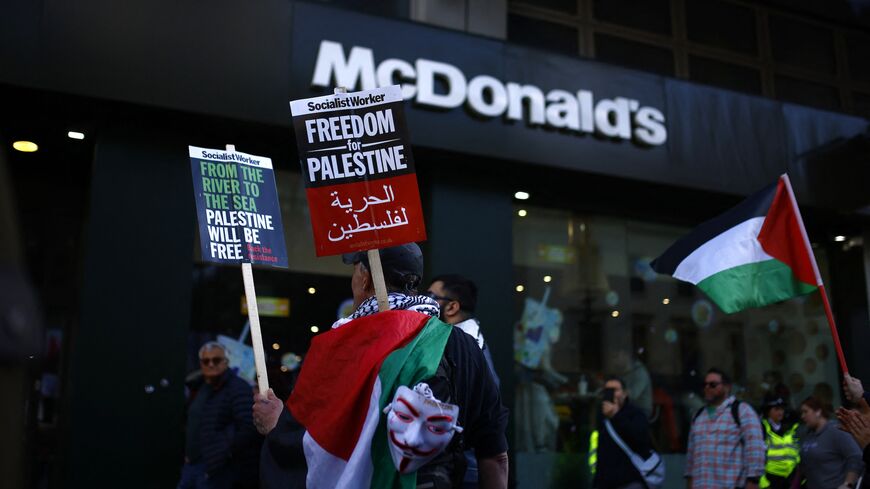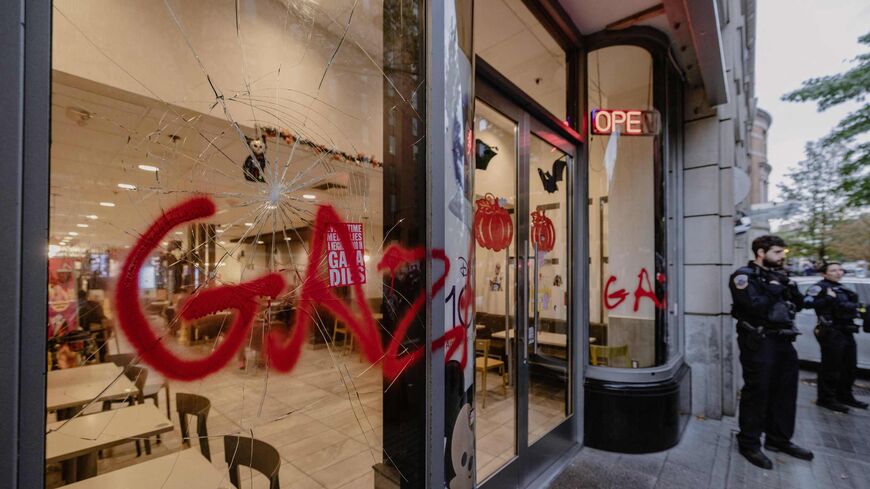Starbucks, McDonald's, KFC continue to feel effects of Gaza war boycotts
Starbucks on Tuesday lowered its expectations for full-year sales and profits after a disastrous quarter that saw a marked drop-off in customer traffic.

US coffee and fast-food outlets Starbucks, McDonald's and KFC continue to see the boycotts over the Gaza war affect their businesses, with lower than expected financial performances and the shuttering of scores of struggling franchises.
Starbucks on Tuesday lowered its expectations for full-year sales and profits after a disastrous fiscal first quarter that saw a marked drop-off in customer traffic. Same-store sales (sales at cafes that have been open for at least one year) dropped 4% in the second financial quarter. Wall Street analysts polled by FactSet had predicted a 1% increase.
Starbucks said several issues impacted its sales. One of them was the ongoing boycott of its stores for its perceived support of Israel in the war in Gaza, with this being felt mainly in the Middle East but also in the United States and elsewhere. The company says it is nonpolitical and denies supporting the Israeli military or government.
The boycott picked up steam last fall after Starbucks sued Starbucks Workers United, the union organizing its workers, over a pro-Palestinian social media post on the union’s account. At the time, Starbucks said the court action was aimed at stopping the union from borrowing the company’s name and logo, which it says confuses customers. The lawsuit is now paused and is undergoing mediation.
In March, Kuwait-based AlShaya Group, the company that owns the Starbucks Middle East franchise, revealed it had to cut 2,000 jobs due to the boycotts, amounting to around 4% of its workforce.
In an attempt to repair the reputational damage, Starbucks' charitable arm last month announced a $3 million donation to World Central Kitchen to provide food aid in Gaza.
The Boycott, Divestment, Sanctions (BDS) movement, which seeks to boycott Israeli and international companies supporting Israel in protest of the country’s assault on the Palestinian territories, has targeted other US companies, including Coca-Cola, McDonald’s and Pizza Hut.
Floundering fast-food franchises
The Israeli franchise of McDonald’s sparked uproar when it revealed it had donated thousands of meals to the Israeli military in the days following the Oct. 7 Hamas attack on southern Israel. The fast-food operator said in February that the war and misinformation around it had “meaningfully impacted” its sales, particularly in the Middle East and in Muslim-majority countries such as Malaysia.
The fast-food chain on Tuesday reported a modest increase in quarterly profits, despite the continuance of the boycotts.
“We’re not expecting to see any meaningful improvement in the impact … until the war is over,” McDonald's Corporation CEO Chris Kempczinski told analysts on a conference call, adding that the boycotts were not "getting worse."
The fast-food chain reported a first-quarter net income of $1.93 billion, or $2.66 per share, up from $1.8 billion, or $2.45 per share, a year earlier. But that fell short of the $2.72 per share that analysts polled by FactSet expected.
Meanwhile, fast-food giant KFC temporarily closed over 100 of its stores in Malaysia on April 29 after losing significant business due to boycotts linked to the Gaza war, according to multiple reports.
QSR Brands, which owns KFC, shut 108 of its 600 outlets in the southeast Asian country, mainly in the Muslim-majority Kelantan state, citing challenging economic conditions. Multiple news outlets reported that the financial difficulties are a result of the boycotts over Gaza.
In a statement, QSR brands said the staff impacted had been offered the opportunity to relocate to busier stores, insisting that the company contributes "positively to the Malaysian economy through job security for 18,000 team members in Malaysia, of which approximately 85% are Muslims."






